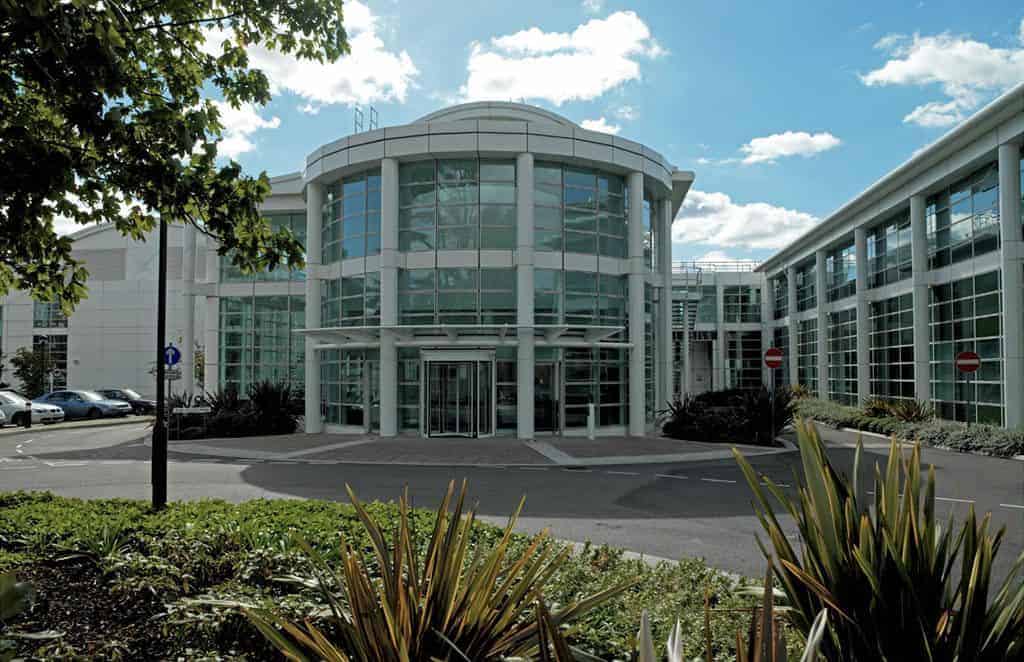The cart is empty!
6 Talks, 5 Working Groups, and the Presentation of a Prestigious Award
This year’s Corrosion Engineering Division’s (CED) Working Day and Symposium will feature six talks covering corrosion prevention in the 21st century, with an emphasis on how we can learn from the past to protect the future.
To be held on Thursday 27th April 2023 at the National Physical Laboratory (NPL) in Teddington, it’s the perfect event for those in the field of corrosion engineering. You’ll hear from leading lights in industry and academia, have the chance to tour the facilities and laboratories at the NPL, and the opportunity to network with other corrosion professionals.
After the welcome and introduction by Danny Burkle, Chair of the CED, Gareth Hinds (President of the Institute of Corrosion 2018 to 2020) will introduce delegates to the NPL and the activities that take place there.
Then, from 10:30, we’ll be straight into the technical talks, before breaking for lunch and the Working Group Discussion between 11:30 and 12:30, when the Paul McIntyre Award will be presented by current ICorr President Stephen Tate. This award is among ICorr’s premier awards, and is presented to a senior corrosion engineer, who, as well as being a leading practitioner in his field, has advanced European collaboration and international standards development.
After the presentation, four more speakers will give talks with a 45-minute break for refreshments and a tour of the NPL laboratory. Danny Burkle will return to the podium to close the day at around 15:30.
An Illustrious Lineup of Speakers
Discussing corrosion prevention in the 21st century, our speakers have around two centuries of direct experience in the corrosion field between them!
First to speak is Alison Davenport, Professor of Corrosion Science at the University of Birmingham. A Chartered Engineer and past Chair of ICorr’s Corrosion Science Division, Alison was awarded a PhD from Cambridge in 1987. Alison’s talk is titled ‘Understanding localised corrosion and how this can improve corrosion prevention methods’.
Next up, and talking about the corrosion of canisters during interim storage and deep geological disposal of radioactive waste, is Cristiano Padovani and James Hesketh of Jacobs. A Chartered Engineer, Cristiano is a past Chair of Young ICorr, and Visiting Professor at the University of Bristol. James is the Principal Corrosion Science Consultant at Jacobs, and spent more than seven years as a Senior Research Scientist at NPL.
Steve Paterson will present a talk discussing applying materials experience from oil and gas production to carbon capture and storage – a hot topic right now. Currently a Materials and Corrosion Adviser with Arbeadie Consultants, Steve gained a bachelor’s Degree in Mettalurgy in 1977, and a PhD in 1981. His experience spans Materials, Corrosion, Welding, and Inspection.
We then turn to Nuclear Structural Engineer Jonathan Mann, who will be presenting on ‘How to make trends and influence people’ before breaking for refreshments and the tour of NPL’s laboratory.
Our penultimate talk is titled ‘The limits of use of copper alloy and stainless-steel heat exchanger tubes’, and who better to present on this subject than Roger Francis, who has been in the business of corrosion since the mid-1970s.
Our final speaker is Anthony Setiadi, a PhD in Materials Engineering, and with experience in project engineering, coatings engineering, materials engineering, and nuclear waste consultancy. Antoni will be presenting on the benefits of using corrosion protection for offshore wind.
A Wealth of Working Groups
On the day, delegates will be able to participate in one of five working groups ─ though, depending upon demand, some groups may merge:
- Nuclear
- Coatings
- All Energy
- Cathodic Protection
- Corrosion in Concrete
Registration Details
Registration for this incredible single-day event couldn’t be easier. The cost ranges from £25 for students to £95 for non-members, and includes refreshments and lunch.
It’s essential to book your place in advance. The easiest way to do so is to book online.
For details about membership of the Institute of Corrosion, visit our membership page.


